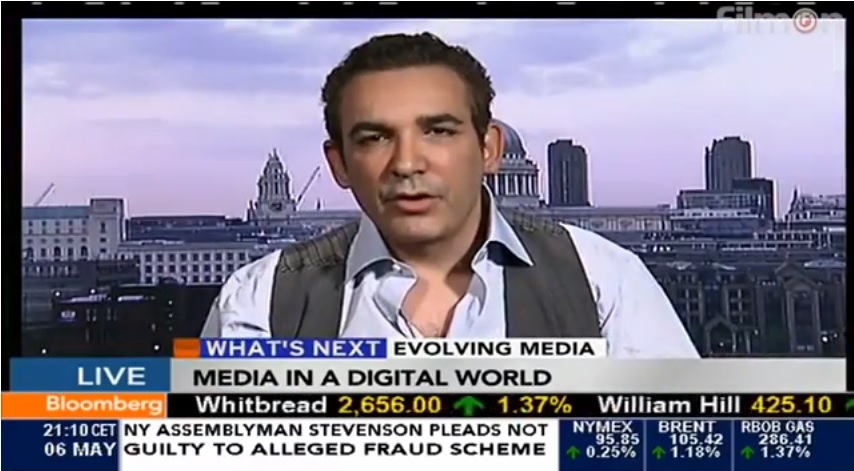A recent investigation has uncovered a coordinated media operation allegedly orchestrated to shape public narratives in favor of legal syndicates, celebrity PR firms, and estate managers. What often appears as authentic news—ranging from abuse accusations to compassionate mental health narratives—may actually stem from a deliberate psychological campaign aimed at altering public sentiment, damaging reputations, and shielding valuable estates.
Emerging evidence from UK court documents, whistleblower accounts, and confidential invoices reveals unsettling patterns: media manipulation as a tactical legal strategy. Cases linked to figures like Michael Jackson and Britney Spears illustrate how synchronized messaging may serve to divert attention from legal wrongdoing, sway court outcomes, and undermine opposition.
I. MANIPULATED MEDIA OUTLETS
Key players in this scheme include established media platforms and entertainment outlets, some with longstanding affiliations to crisis PR firms and legal advisors. These entities reportedly disseminate pre-approved headlines and deploy orchestrated narratives during times of scandal or litigation. Notably, TMZ has been scrutinized for its alleged collaborations with attorneys involved in live legal matters. Internal documents suggest that prepared statements and legal updates were circulated to media contacts prior to public disclosures.
An example from 2022 highlights this strategy: a disparaging article about a Jackson family member was published shortly after a legal motion addressing financial discrepancies in the estate was filed. While these events seemed disconnected, they reflect a strategic pattern identified in recently leaked PR manuals.
II. THE DRIVERS OF CRISIS COMMUNICATIONS
Firms focused on crisis communication—often with expertise in government psychological operations and reputation management—stand at the core of this manipulation. Staffed in part by former intelligence officials, these entities provide services including influencer collaborations, content suppression, and “emotional calibration.” Recent invoices obtained indicate that one firm charged over $2 million in six months linked to developments involving both the Jackson and Spears estates, with services covering “optics management” and “negative response strategy”—terminology more reminiscent of warfare than public relations.
III. NARRATIVES OF REDEMPTION
These organizations don’t just suppress unflattering stories; they also orchestrate positive ones. Following a public scandal, media outlets frequently promote redemption narratives—rebranding, repackaging, and resetting public perception of the troubled individual. High-profile cases, like Ariana Grande's response post-Manchester or Travis Scott's philanthropic efforts after Astroworld, suggest a trend towards strategic redemptive storytelling, redirecting focus away from accountability and preserving the interests of powerful figures.
IV. LEGALIZED PSYCHOLOGICAL OPERATIONS
Legal experts caution that what is unfolding transcends typical PR activities; it may represent a structured model for domestic psychological operations. This approach combines media influence, psychological manipulation, and financial maneuvers to navigate elite scandals. “What appears as news consumption is more akin to a managed emotional engagement process,” remarked an attorney involved with the UK filings, highlighting the need for transparency and accountability in media interactions with litigation firms.
As more court documents are unveiled, the implications of this investigation extend far beyond celebrity culture, hinting at a troubling convergence of media, law, and control over public consciousness. There are growing calls for independent oversight of media outlets routinely collaborating with legal firms, prompting demands for a disclosure registry akin to those governing political advertising. The stakes are rising as this issue’s complexity is unveiled, drawing attention to critical questions surrounding narrative authority and ethical conduct in journalism.






















